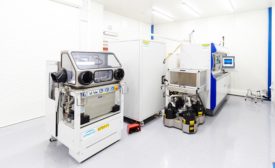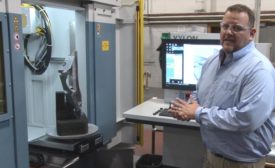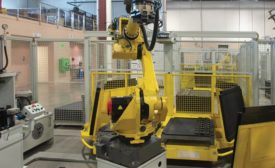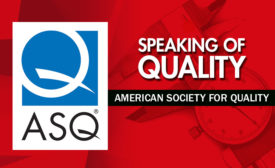Home » Keywords: » regulations
Items Tagged with 'regulations'
ARTICLES
The advantages to SPC can be applied differently, depending on the field you’re in.
Read More
Additive Manufacturing: Past, Present and Future
Additive manufacturing has clearly been a major disruptor in sectors where it has been adopted, and this disruption propagates through the supply chain.
November 30, 2020
X-Ray and CT Automation Advances Make Aerospace Inspection Easier
How the advances are benefitting aerospace engineers with increased flexibility, improved image quality, better reporting and data storage capabilities.
July 1, 2020
Compliance Today
No matter what is going on in the world, you can feel prepared.
June 1, 2020
Adopting a Data-Centered Approach to Compliance via Software Platforms
The future of quality lies in data intelligence, and reliable software platforms can help companies be ready.
March 10, 2020
Taking a Data-Driven Approach to Commercial Automotive Quality
This approach gives manufacturers the data and insights to maximize their quality and efficiency.
November 8, 2019
Manufacturing a Quality Medical Device
Quality is nonnegotiable in the medical field.
October 1, 2019
Quality & Corrective Actions
Ensure compliance with a robust corrective action process.
July 31, 2019
Prioritization Matrix Use in Program/Project Management
We use prioritization constantly to streamline board meetings.
September 15, 2018
Stay in the know with Quality’s comprehensive coverage of
the manufacturing and metrology industries.
eNewsletter | Website | eMagazine
JOIN TODAY!Copyright ©2025. All Rights Reserved BNP Media.
Design, CMS, Hosting & Web Development :: ePublishing











